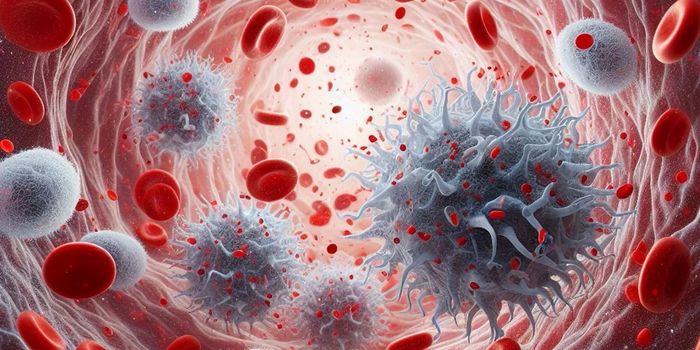Researchers have discovered a protein that can amplify immune reactions against tumors. The stimulator of interferon genes, or STING for short, sends out signals to attract immune cells particularly during viral infections and the once cancerous cells are detected. STING has piqued the attention of oncology drug developers, particularly those who are hoping to harness its potent antitumor effects for new therapeutics.
Early work into creating STING-based treatments hit a roadblock due to the instability of STING activators — levels of these activators naturally taper off over time and do not last long in circulation.
A new study published in Science describes efforts by Scripps Research scientists who screened an array of small molecules with different structural conformations in search of those that activate STING. They discovered a single molecule which once optimized, was found to evoke a robust immune response in mouse models of metastatic melanoma, and curtailing the spread of the cancer.
Luke Lairson, co-senior author of the study said, “A systemic STING-activating molecule could have considerable utility, and not only as a therapeutic for cancer and infectious disease but also as a probe for studying STING-dependent antitumor immunity and a host of other STING-related biological processes.”
The synthetic STING activator termed SR-717 mimics naturally occurring activators and has exciting potential as a future oncology drug. Once administered to mice with a particularly aggressive form of melanoma, SR-717 slowed tumor growth to a halt, blocked metastasis, and flagged immune cells such as CD8-positive and natural killer cells, mounting a full-blown cancer-killing response, all with no evidence of any unwanted side effects.
Sources: Science, Scripps Research.









